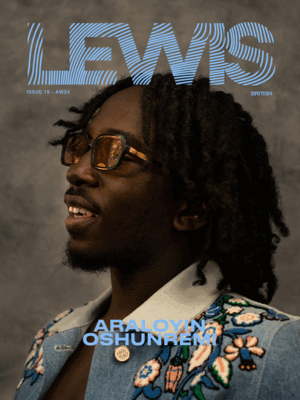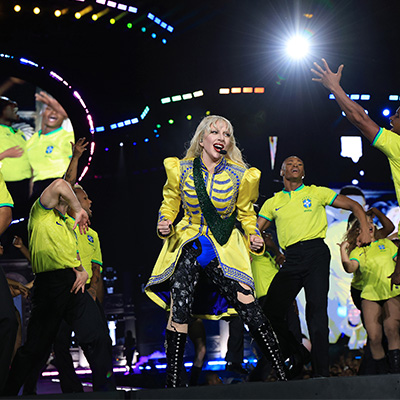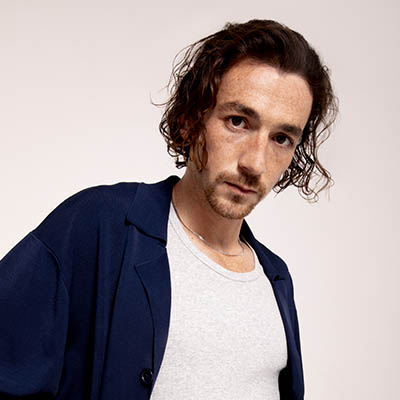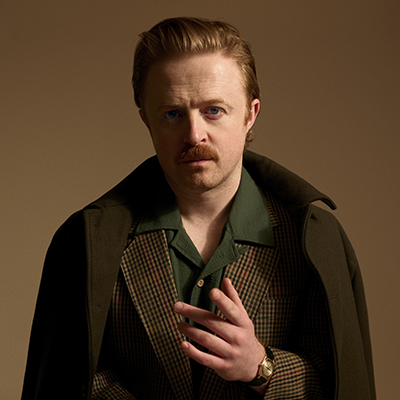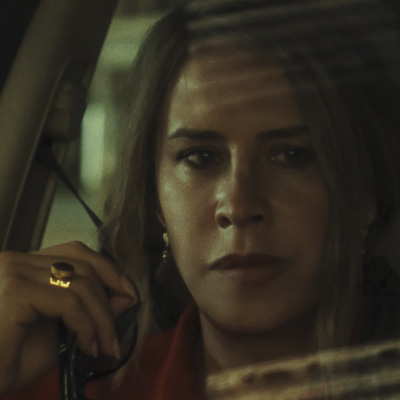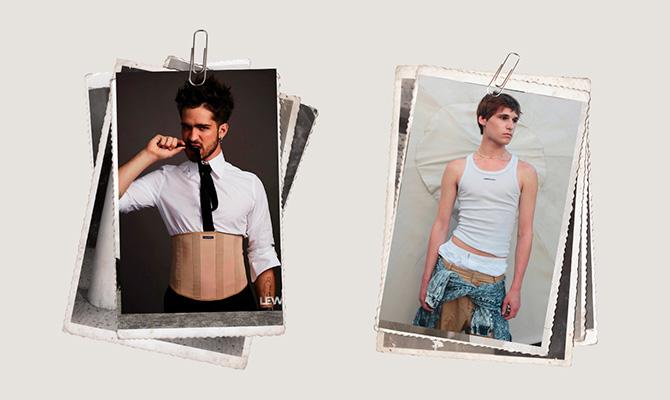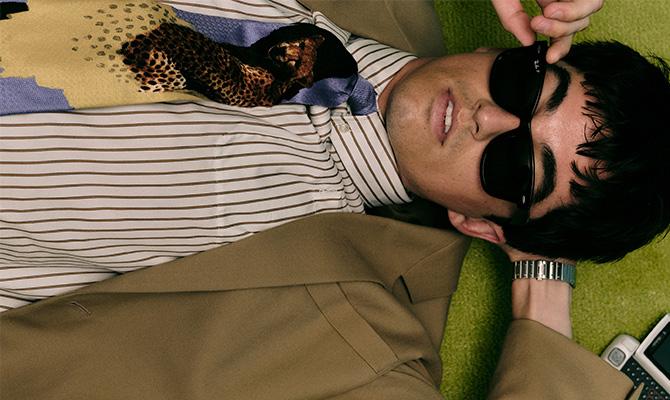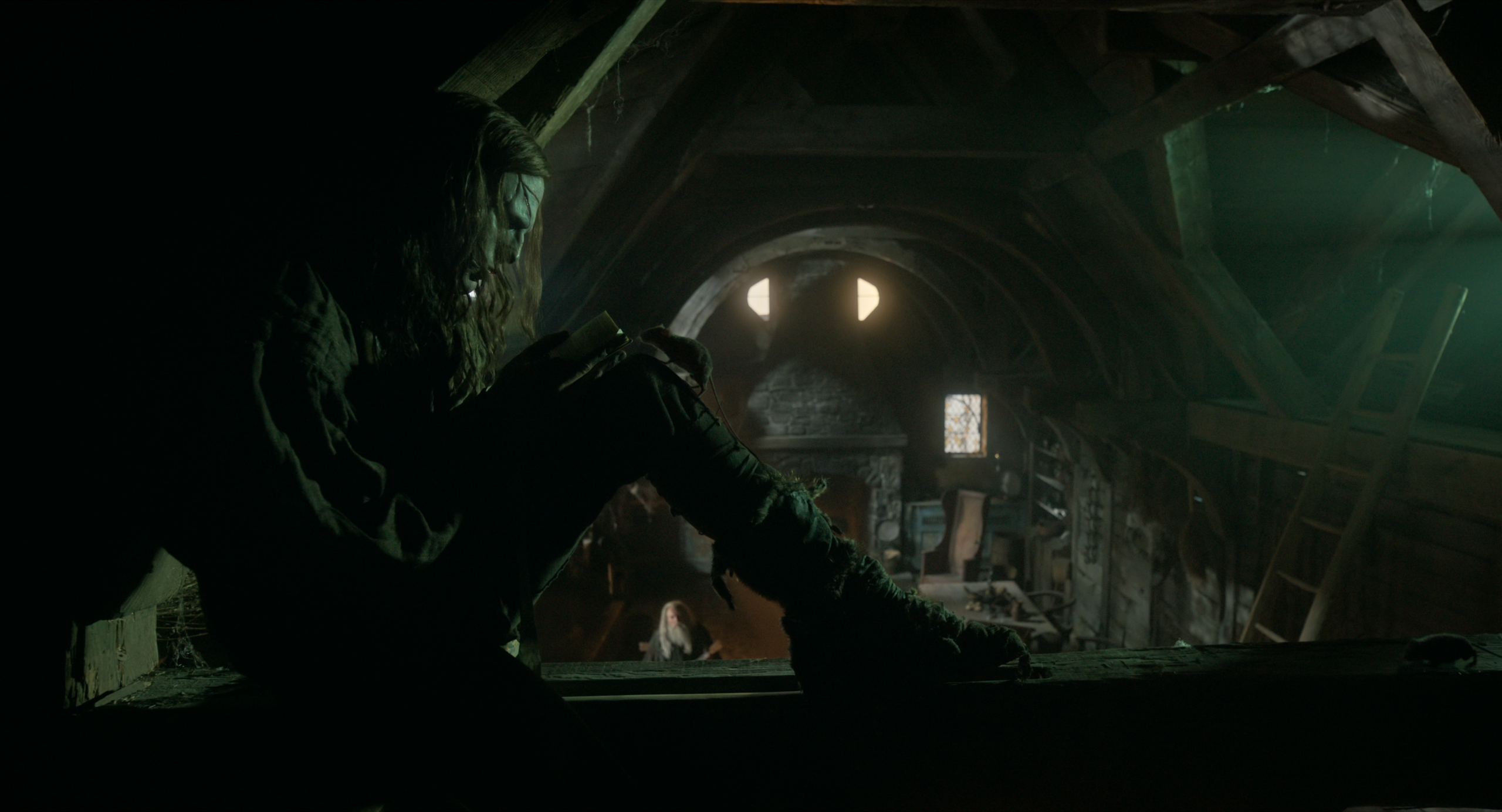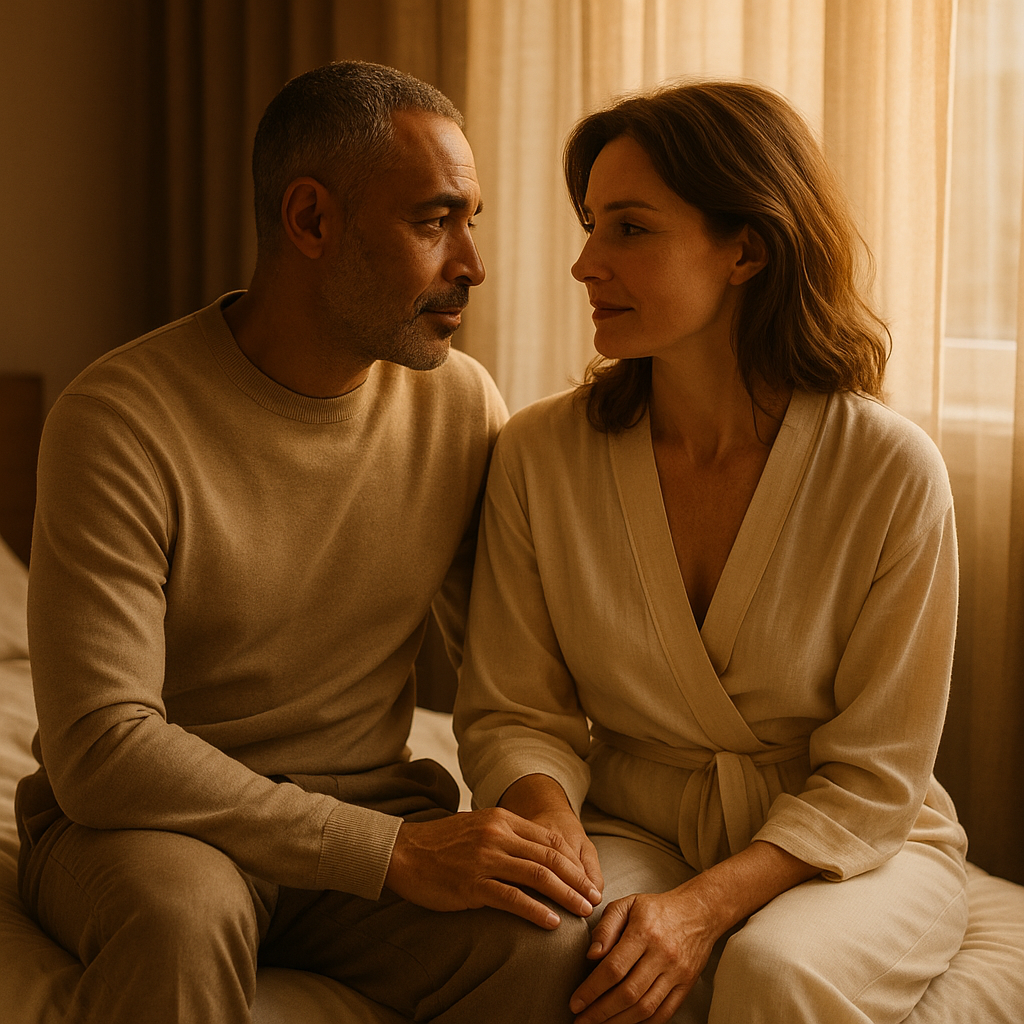Nestled in the vanguard of cinematic evolution, the streets of London serve not just as a backdrop but as a living, breathing character in Kibwe Tavares’ directorial debut, “The Kitchen.” This 2023 British science fiction drama does more than narrate a tale; it beckons audiences into a profound journey through identity, architecture, and the quintessence of what we call home.
In a candid conversation, Tavares unravels the layered narrative of his groundbreaking film, sharing the sparks of inspiration, the hurdles overcome, and his reflections on societal paradigms that echo beyond the realm of cinema.
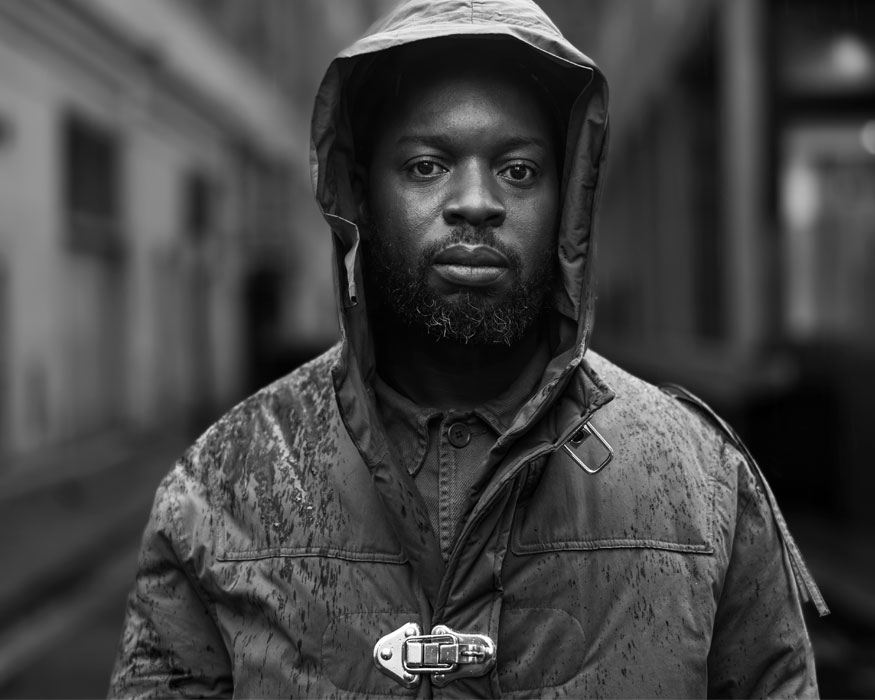
Photographer: Vianney Le Caer – Grooming: Mario Brooksbanks
“Navigating Identity and Architecture in London’s Urban Maze – A Deep Dive with Director Kibwe Tavares”
In the heart of cinematic innovation, where the urban fabric of London intertwines with the visionary lens of director Kibwe Tavares, lies “The Kitchen” – a 2023 British science fiction drama film that not only captivates the audience with its storytelling but also invites them into a profound exploration of identity, architecture, and the very essence of home. In an exclusive interview, Kibwe Tavares delves into the intricate tapestry of his directorial debut, offering insights into his creative process, the challenges he faced, and his perspective on societal issues that resonate far beyond the screen.
Born to a lineage that traces back to Grenada and Jamaica, Tavares carries a rich cultural heritage that subtly permeates his creative narrative. His surname, a nod to Portuguese roots, becomes a point of connection in the interview, highlighting how personal backgrounds and cultural identities are not just mere facts of life but key ingredients that shape a creative’s vision and storytelling approach.
Tavares’s background in architecture is not merely a professional credential; it’s the cornerstone of his filmmaking philosophy. When discussing how this perspective shaped “The Kitchen,” he reflects on the essence of building not just structures, but narratives. “It’s really about how I find my own representations, my own presentation of London. How can we visualize this London, but use the politics of today, and what’s going on today, to kind of be what the form is or what this sort of future looks like, or this dystopia looks like?” Tavares said. This architectural influence is clear in the bespoke dystopia he crafts – a London that is as much about space and structure as it is about the human stories unfolding within its confines.
The transition from acclaimed short films like “Jonah” to a feature film was a journey of scale and ambition for Tavares. He candidly discusses the challenges of this transition, emphasizing the readiness, both mental and technical, needed to undertake such a colossal project. “Taking on the features is like, my shots are big and ambitious, but the sheer volume and just getting yourself ready in the mindset as well as sort of technically and craft-wise been ready to take on the challenge,” Tavares explained. This readiness translated into a film that pushes the boundaries of cinematic storytelling, marrying ambition with meticulous craft.
“The Kitchen” presents a dystopian vision of London, a narrative canvas where Tavares weaves in real-world issues like gentrification and the erosion of social fabric. He draws from firsthand experiences, discussing the transient nature of his childhood homes and the emotional resonance of ‘moving out.’ This personal connection breathes life into the film, dramatising the concept of displacement and resistance in a manner that’s both poignant and profound.
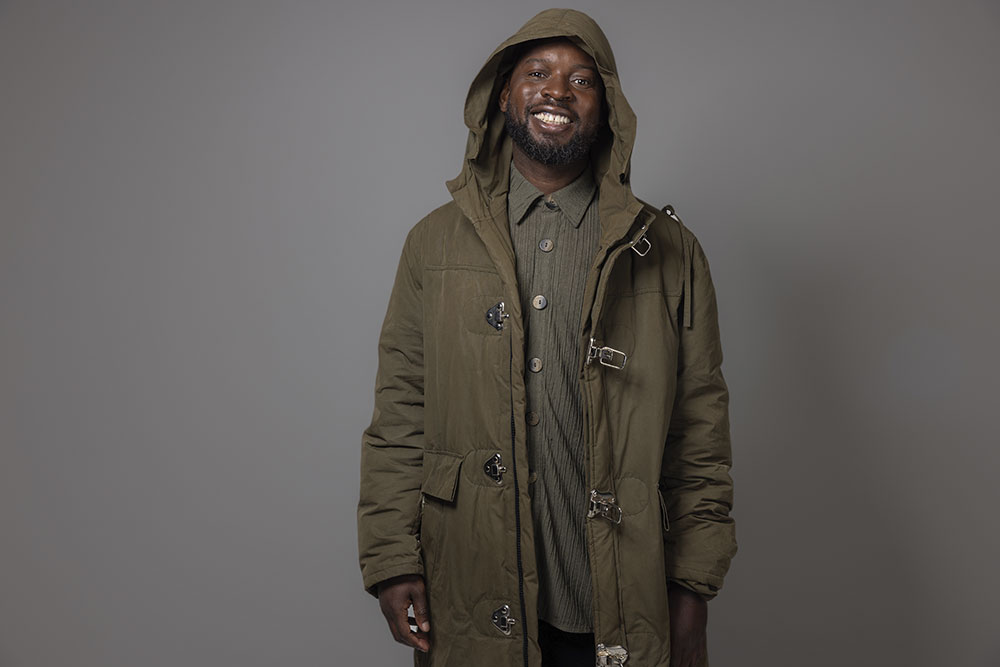
Photographer: Vianney Le Caer – Grooming: Mario Brooksbanks
In discussing character development, Tavares delves into the complexities of Izi, the protagonist of “The Kitchen.” The character’s journey is a dance between individualism and community values, a narrative arc that Tavares approaches with depth and empathy. “We wanted to really look into characters that sort of the idea of like voting against maybe laws and rules that help you or even sort of like having a certain amount of disdain for your neighbourhood, and then, you know, what could then change that?” This nuanced exploration of character and conflict adds layers of depth to the narrative, making “The Kitchen” a compelling study of human experience.
For Tavares, the film is more than a narrative; it’s a message, a reflection on the concept of home and identity amidst the relentless evolution of a city. “What is home? What is having somewhere stable, somewhere that you can call your own, and what happens to London if you sort of like shift everything that makes London so unique if it kind of gets pushed out?” he questions. Through “The Kitchen,” Tavares invites the audience to ponder these questions, to delve into the intricacies of community, identity, and the spaces we call home.
Tavares’s connection to London is not just geographical; it’s deeply personal and profoundly influential in his storytelling. Discussing his upbringing in South London and the experiences that shaped him, he reflects on how these elements are intricately woven into his films. “My childhood in London has massively affected everything really, whether it’s like your local high street… the kitchen itself actually represents the world in South London,” he shared. This intimate connection with the city lends authenticity and vibrancy to his portrayal of London, making it a living, breathing character in its own right.
Looking ahead, Tavares expresses a desire to continue building on his past work, exploring new genres, themes, and storytelling methods. His ambition is not just to create but to innovate, blending techniques like live action and animation to tell stories that are deeply human yet visually arresting. “I like to continue to build on the work that’s been done in the past. So, like, you’ll see that the kitchen, if you look at the short, is a development really of those,” Tavares noted, hinting at a creative trajectory that promises to push boundaries and redefine storytelling.
In crafting “The Kitchen,” Tavares’s collaboration with Daniel Kaluuya is a testament to the power of synergy and shared vision. This partnership, born from their work on the short film “Jonah,” has evolved into a dynamic collaboration, enriching the film with complementary skills and a shared commitment to excellence. Discussing this partnership, Tavares remarked, “We really lent into each other to try and sort of like, support the film and like, you know, push the film to kind of make it the best that we could.”
Tavares’s work is noted for its distinctive visual style, a blend of animation, CGI, and live action that creates a cinematic tapestry rich in texture and depth. Discussing his approach to visual storytelling in “The Kitchen,” he emphasises the importance of authenticity and interaction, of creating worlds that extend beyond the screen yet remain grounded in reality. “We really tried to build as much as you can in camera, whether it’s the market or whether it was like sets within buildings and built on top of locations,” he shared, highlighting his commitment to a visual narrative that is as immersive as it is innovative.
As the interview draws to a close, the depth and richness of Kibwe Tavares’s vision for “The Kitchen” become clear. From its architectural roots to its nuanced characters, from its reflection on societal issues to its distinctive visual style, the film stands as a testament to Tavares’s talent, ambition, and the profound impact of storytelling. As Tavares continues his journey in the world of filmmaking, one thing is clear: his work will continue to captivate, inspire, and provoke thought, inviting audiences to explore the complex landscapes of human experience and the ever-evolving tapestry of the world around us.
‘The Kitchen’ is now streaming on Netflix





